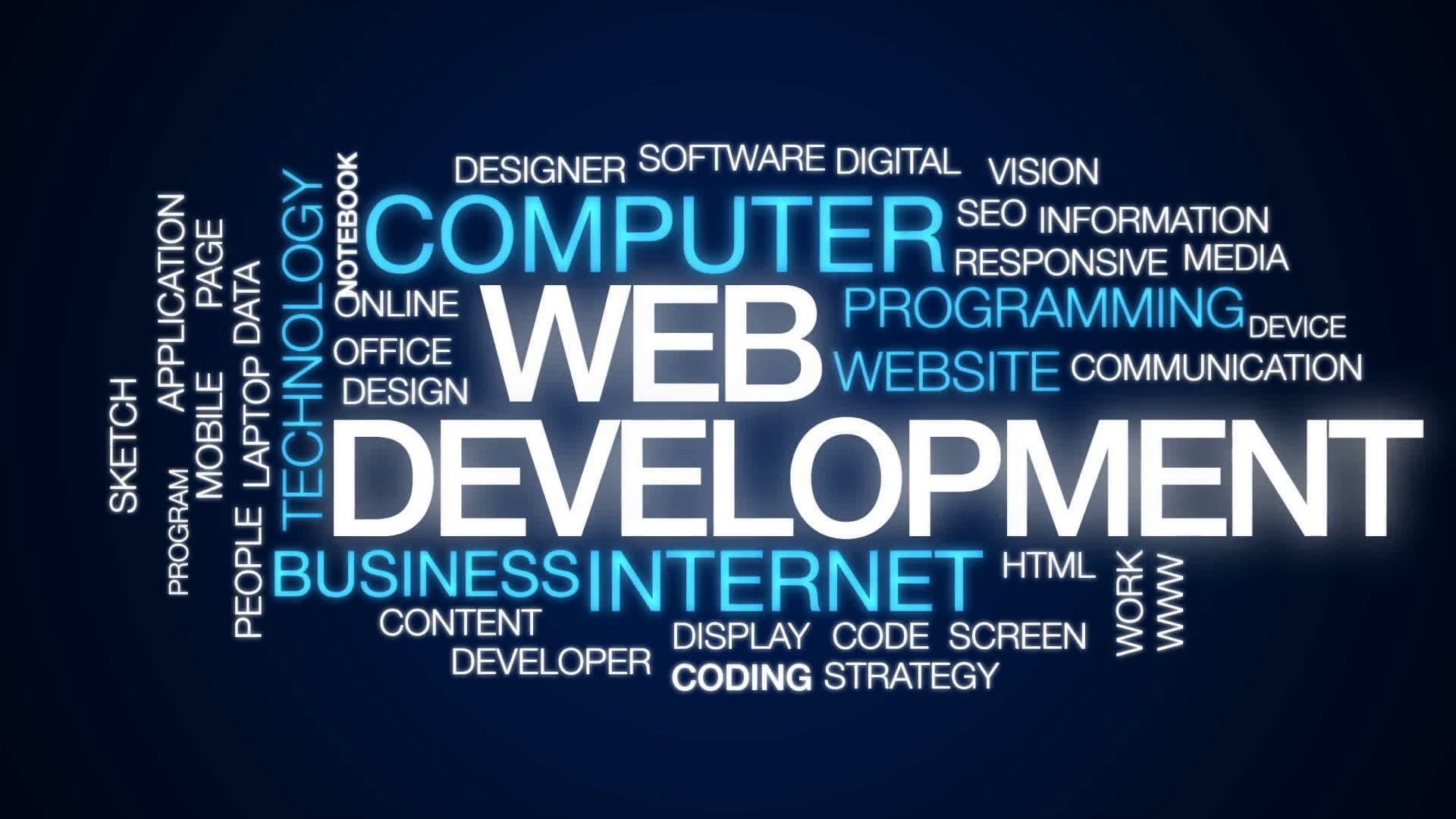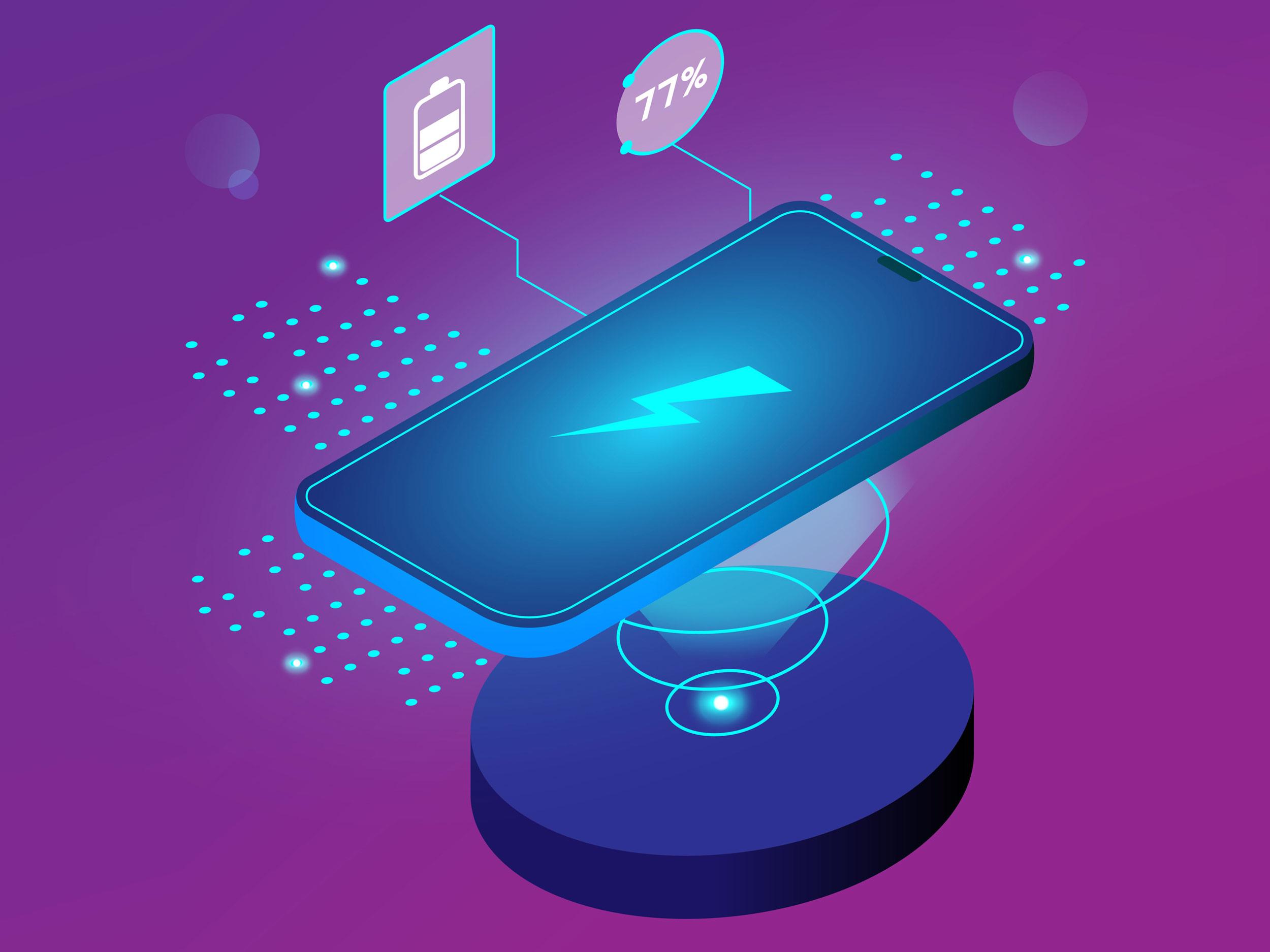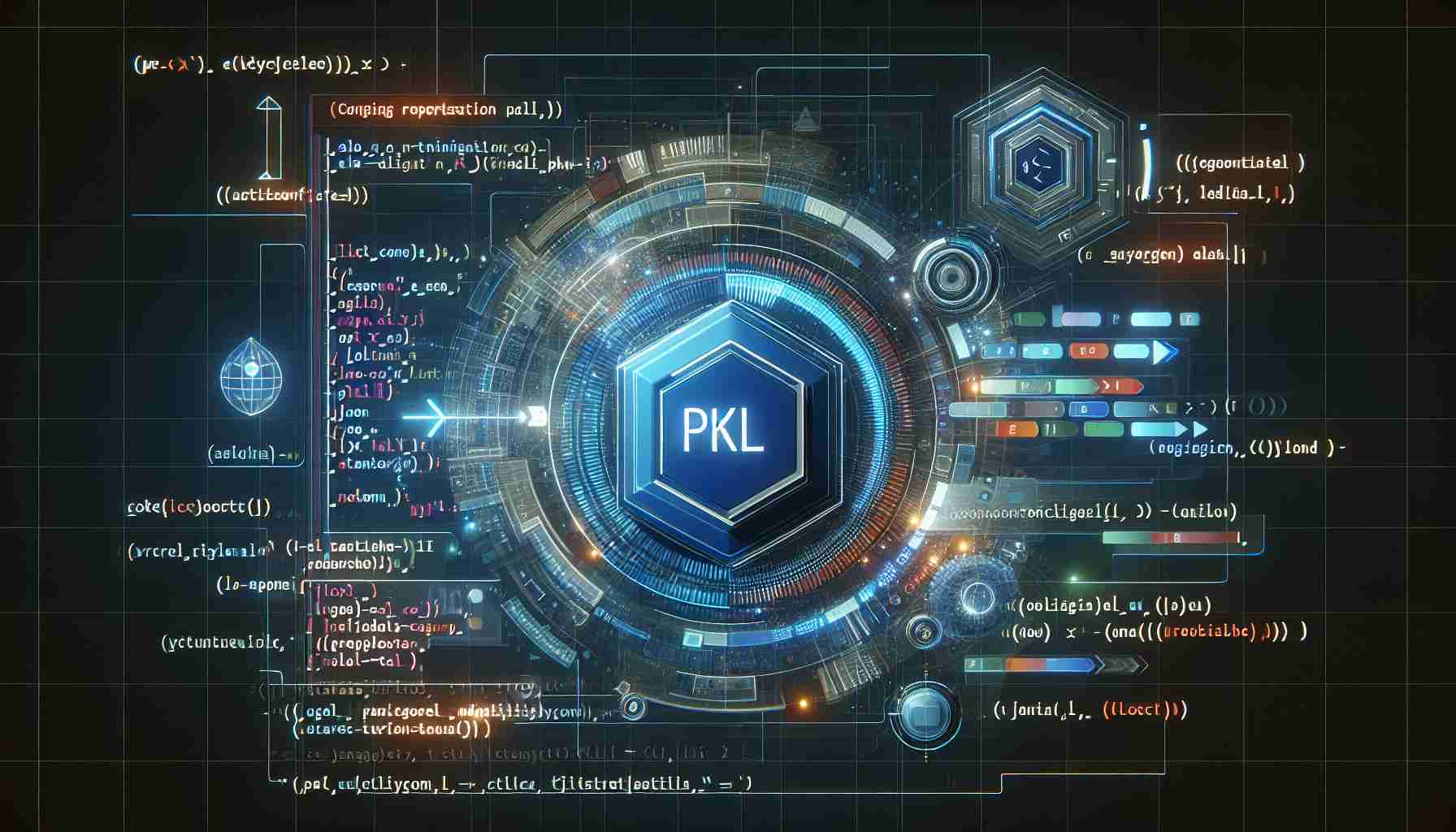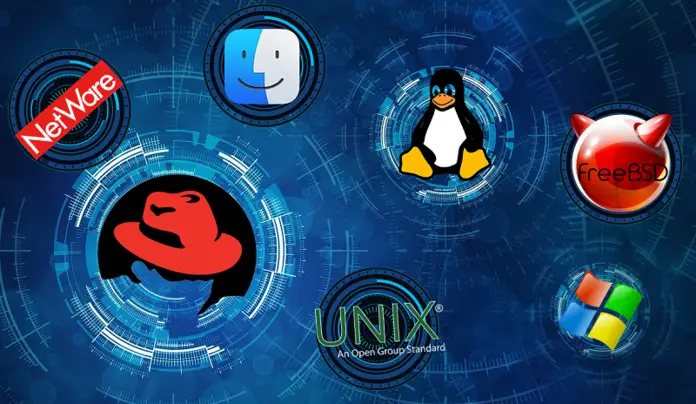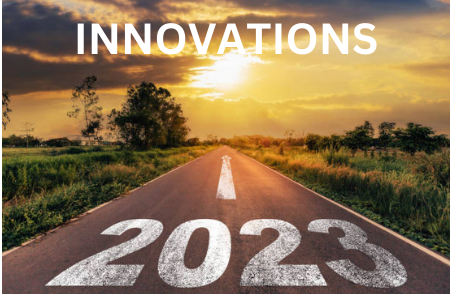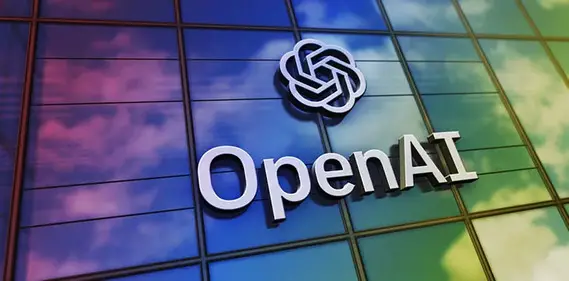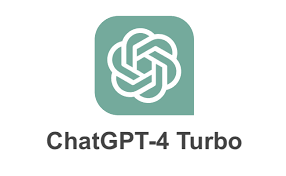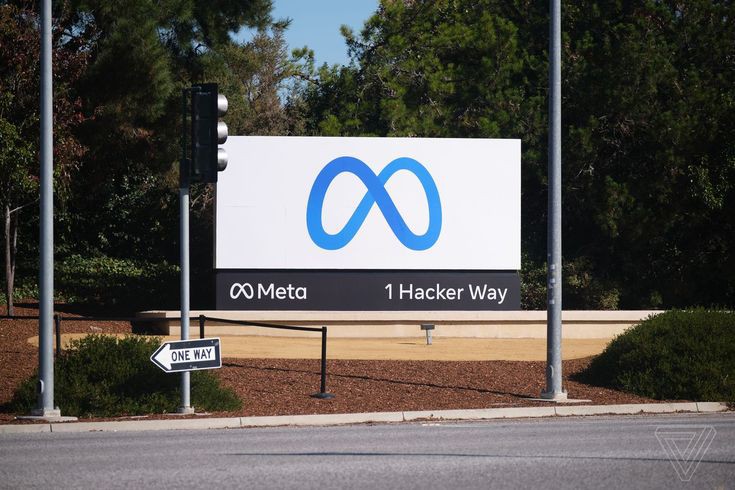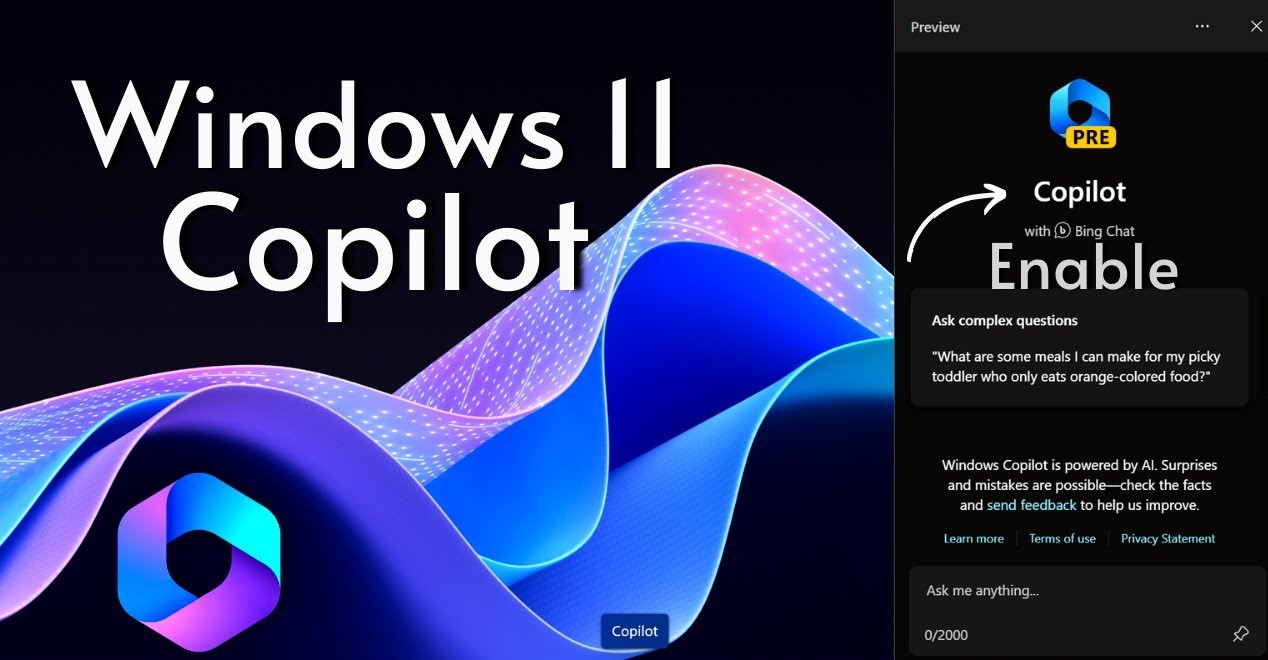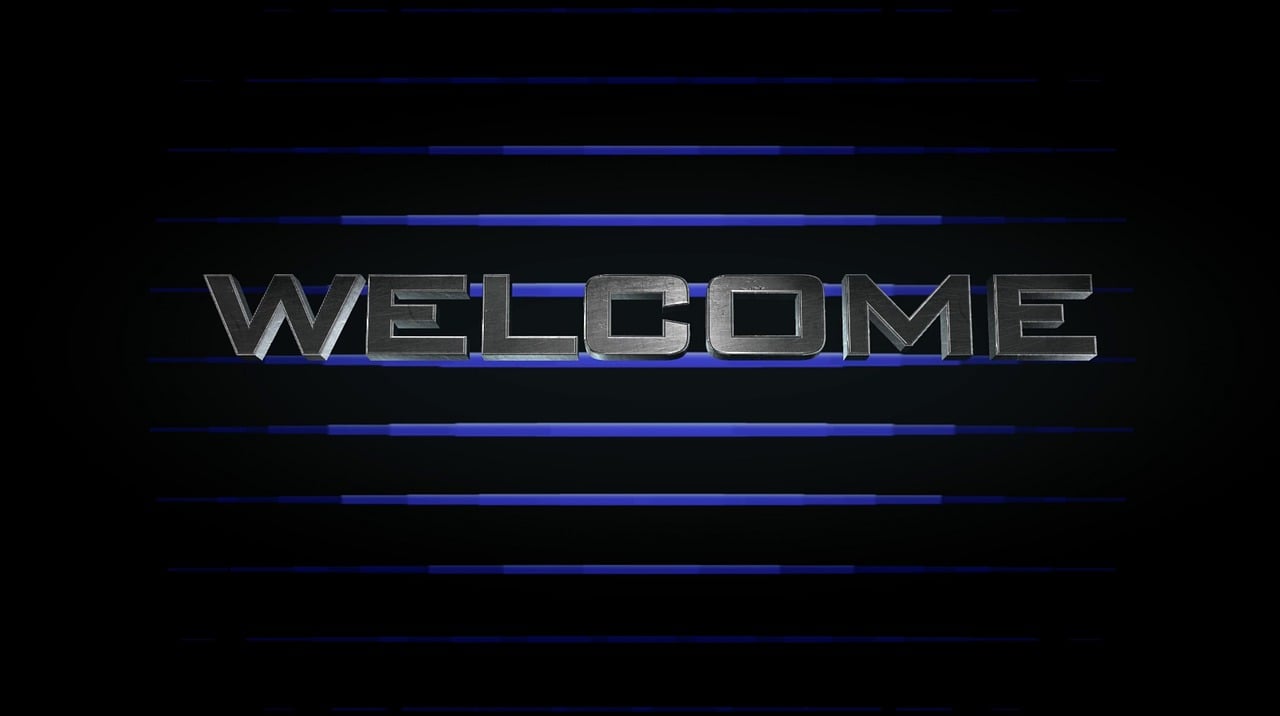Mastering the Growth Mindset: A Guide for Programmers in the Ever-Evolving Tech Era
By Vinius M Muthii | October 23, 2023
In the context of the modern technological landscape, possessing a growth mindset is indispensable for programmers, given the myriad transformative endeavors within the field. Over the last decade, programming languages have undergone significant shifts, with some, like the C language, losing relevance, while others, such as Python, have gained prominence. Managing the continuous influx of multiple programming languages, libraries, and frameworks on a daily basis, alongside the advancements in AI, has posed a considerable challenge.
This article seeks to underscore the critical importance of fostering a growth mindset in programming. We invite readers to stay engaged until the end to gain a comprehensive understanding.

What Constitutes a Growth Mindset?
A growth mindset, as the term suggests, embodies a mental attitude crucial not only in programming but also in various aspects of life. Particularly in the programming sphere, it represents an essential soft skill necessary for achieving optimal success. In fact, it serves as one of the key factors contributing to the retention of programmers, as highlighted in our previous article.
Let us now explore the various methods of cultivating this skill as a programmer:
1. Continuous Learning
To excel and remain relevant in this transformative era, it is vital to stay abreast of the latest technological advancements. Regular participation in workshops, webinars, and conferences facilitates the staying updated with the latest trends. Given the proliferation of various programming languages and frameworks, enrolling in online courses, tutorials, and educational content platforms becomes an essential pathway to staying relevant in the industry.
2. Embracing Challenges
The journey of programming is marked by obstacles and errors that can be disheartening. Programmers with a growth mindset perceive these challenges as opportunities to enhance their skills. They approach complex coding problems with enthusiasm, recognizing them as opportunities to broaden their knowledge and capabilities. They persist in troubleshooting and debugging, learning from their mistakes and persevering until finding solutions.
3. Adoption of New Technologies
The ever-changing demands of employers and clients necessitate the continual adaptation of programmers. The development of new programming languages and frameworks aims to address the limitations of outdated languages, making the development process more efficient. The willingness to explore and experiment with emerging programming languages and frameworks is essential for programmers to stay updated with technology and address industry demands effectively.
4. Pursuit of Personal Development
Mastery in programming requires consistent practice. Setting personal goals and working towards them enhances skills and fosters a sense of achievement, thereby nurturing the passion for coding. Engaging in activities such as building side projects, contributing to open-source communities, or participating in coding challenges enhances the learning process for programmers.
5. Learning from Failures
Understanding and embracing failures as learning experiences is crucial for programmers. Analyzing what went wrong and determining how to improve fosters resilience and perseverance in their coding journey.
In conclusion, navigating the ever-evolving landscape of programming necessitates a proactive approach to embracing new technologies. By fostering a growth mindset, programmers can not only adapt to changes but also thrive in the face of technological advancements. The key lies in persistent learning, hands-on experimentation, and active community engagement.
Subscribe to our newsletter and follow our social media channels for more tips.
Never miss Technological Updates
Subscribe to our Newsletter
Join our Community
Follow us on social media to stay connected and engage with our vibrant tech community:
